Can everyone stop hating on Bridget Jones?
Bridget was a victim and symptom of her times, not the cause
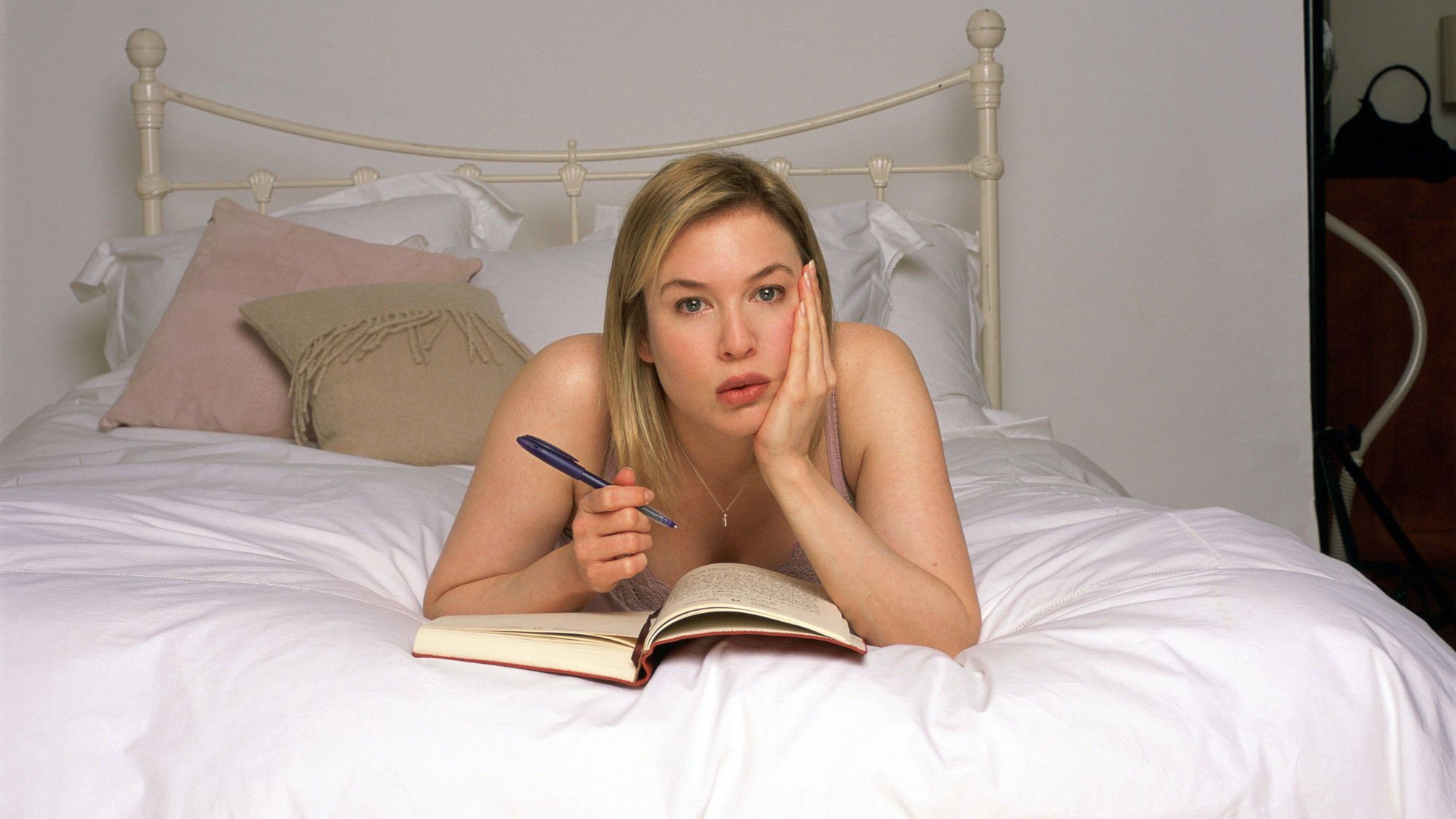
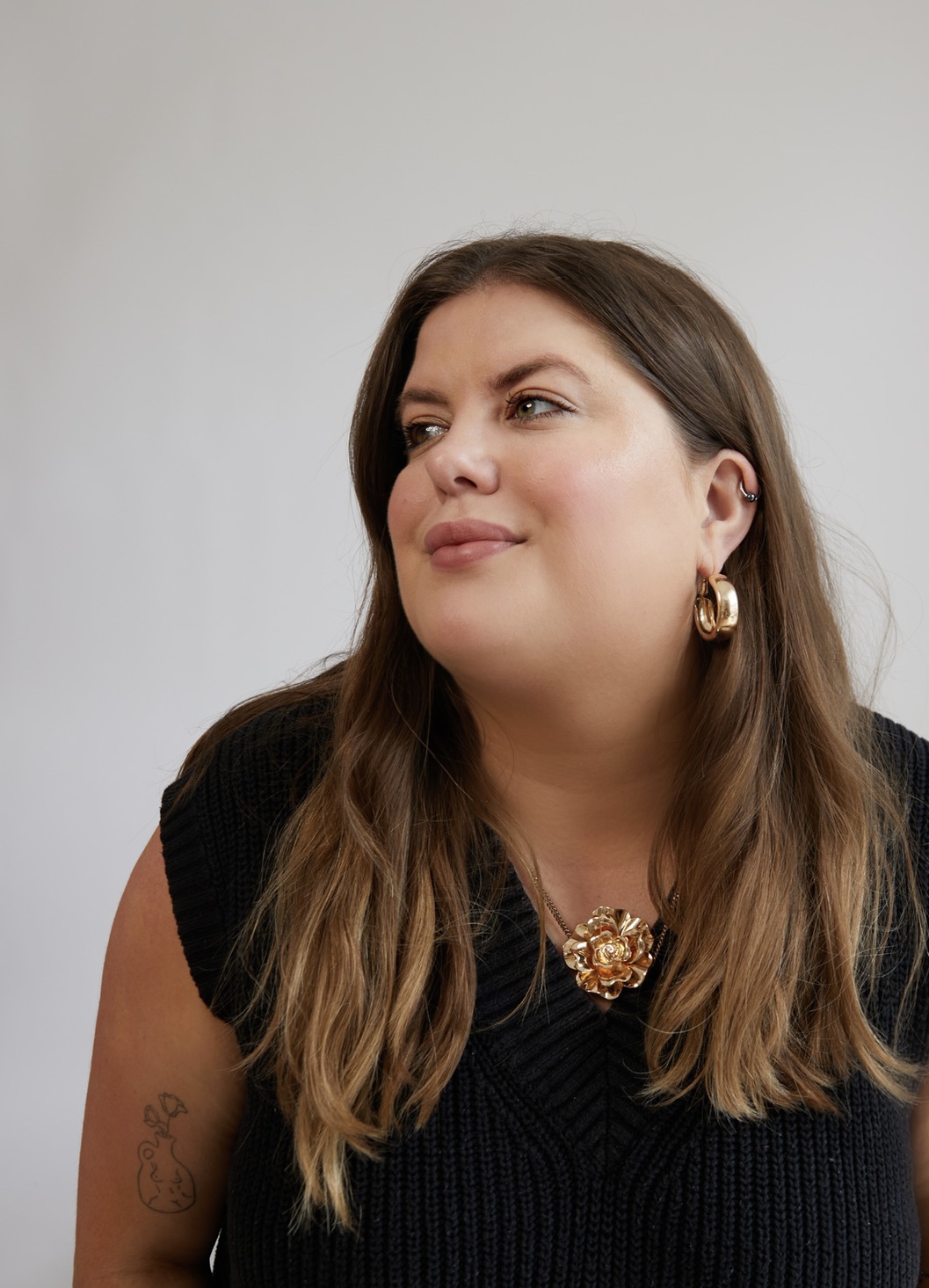
Bridget Jones was an icon of the noughties, with her big knickers, string soup and ironed hair. She spoke to women across generations, was a relatable figure for those in their early 30s and was a rom-com lead for young girls to look up to who wasn’t two-dimensional. She was funny, flawed, real, and equal parts aspirational and down-to-earth. No wonder she was voted the most inspiring on-screen heroine of all time.
Bridget Jones’s Diary was a cultural phenomenon that captured the zeitgeist when the 1996 book by Helen Fielding was adapted for the big screen. Jones, played by the inimitable Renée Zellweger, broke records, and Zellweger won an Oscar for the role. The first instalment grossed $282 million at the box office in 2001. Since then, two follow-up films (Bridget Jones: The Edge of Reason in 2004 and Bridget Jones’s Baby in 2016) have garnered similar success. The last instalment broke UK box office records, earning £8.11 million in its opening weekend – this was a record for any romantic comedy at the time.
Now, a fourth instalment is coming, with filming starting in May 2024. Given its universal appeal, the response has not been as positive as you’d think.
This week, a slew of writers and social media users have called the character out for toxic relationships and body standards. While the criticism rings true in many ways, people forget one huge (and, in my opinion, critical) point: Bridget was a victim and symptom of her times, not the cause. Rather than condemn the character to the era she first existed in, we should encourage her growth.
@lucy_elizabeth05 ♬ All by Myself (From "Bridget Jones' Diary) - The Noughties
As a UK size 16, I am by no means immune to the negative impact of seeing a character who weighed 136 pounds described as fat and chubby multiple times throughout the films. I vividly remember the heartbreak of Daniel Cleaver’s secret girlfriend Natasha asking him: “I thought you said she was thin?” when Jones discovers her in the bathroom. Or how I looked down in shame at my own body as a child when Jones vowed to lose 20lbs. But I’m not angry at Richard Curtis or anyone else involved with creating this character because the world did see women over a size eight as fat, the world did think women being unmarried in their 30s was unacceptable, and the world did hold women to ridiculous standards. It still does, in fresh, hellish new ways.
For all her flaws, she empowered a lot of women. We’ve all gone back to a bad ex, we’ve all been victims of the beauty industry and felt self-conscious about our bodies, and we’ve all made dumb New Year’s resolutions. The reality of being human is making mistakes and learning from them, like Jones did when she told Daniel his proposition of making it work was not a “good enough offer”.
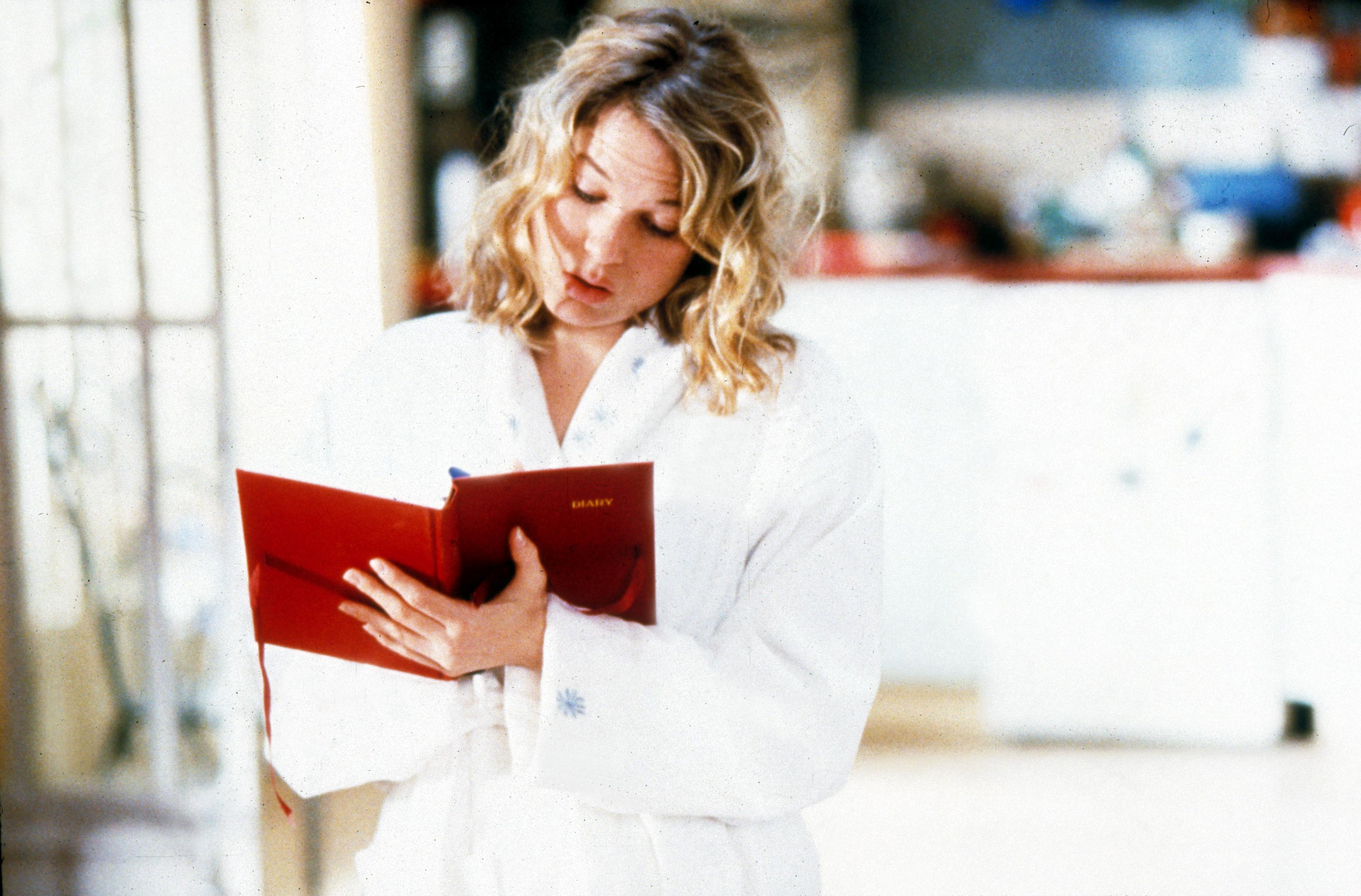
In Bridget Jones’s Baby we saw how the character can grow up with her audience, where a now middle-aged Jones grappled with irrelevance in the workplace, pregnancy and paternity questions. Jones had lost weight, but we see her go on a journey of realising that this does not equal a perfect life. The director, Sharon Maguire, decided it was important to show this hard lesson, which many women have learnt. This was refreshing to see and realistic rather than the idealised narratives we often see on screen.
Marie Claire Newsletter
Celebrity news, beauty, fashion advice, and fascinating features, delivered straight to your inbox!
In a survey by Mumsnet and Gransnet, 70% of those asked believed that women become ‘invisible’ as they get older, reporting that women start to become ‘invisible’ at the age of 52. Men avoid this fate for more than a decade longer - the average age highlighted for men was 64. Personally, I’m excited to see Renée Zellweger, now 54 years old, reprise her role of Bridget Jones.
We rarely see women over 30 get roles as the desirable, romantic leads they are, and collectively, we shouldn’t be so quick to condemn her to obscurity. Instead, I hope this 2024 version will show a matured version of Jones — flaws and all — that is symbolic of now, just as she was in the 90s.
Let’s stop hating on Bridget Jones and like her just the way she is.

Chloe is a London-based freelance journalist and poet, who specialises in gender equality, beauty, and culture. She is a contributing editor at Glamour, and has written for the likes of Dazed, Refinery29, Vogue, Cosmopolitan, Vice, and many more. In 2017, she founded the feminist platform FGRLS CLUB.
-
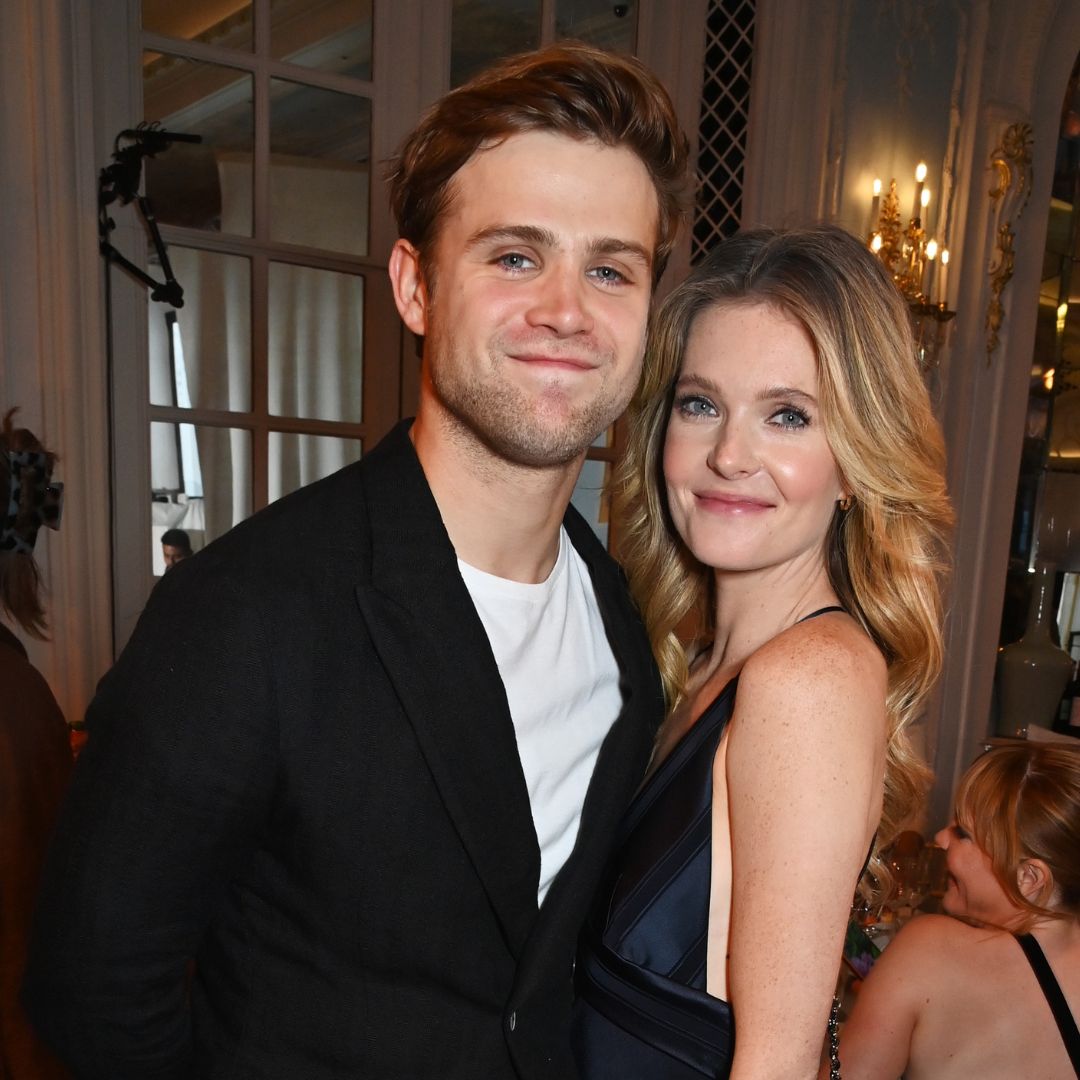 Here's a rundown of The White Lotus cast members who have dated in real life
Here's a rundown of The White Lotus cast members who have dated in real lifeBy Jenny Proudfoot
-
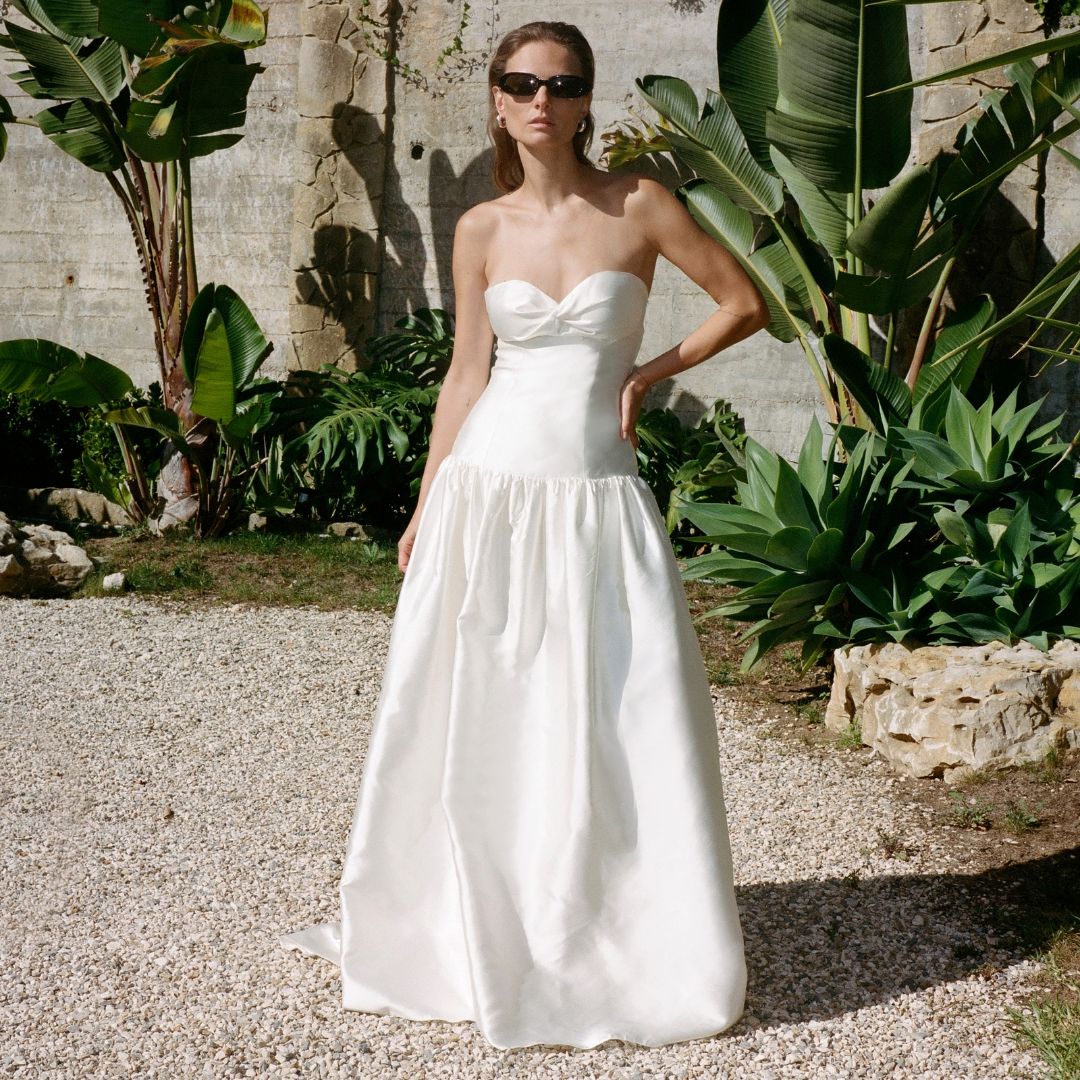 All the coolest brides are wearing drop-waist wedding dresses this year
All the coolest brides are wearing drop-waist wedding dresses this yearWedding Special Minimalist, nostalgic, and universally flattering
By Clementina Jackson
-
 Anya Hindmarch has just launched a fantastical diving shop in central London
Anya Hindmarch has just launched a fantastical diving shop in central LondonFor those who would rather be beside the seaside...
By Sofia Piza